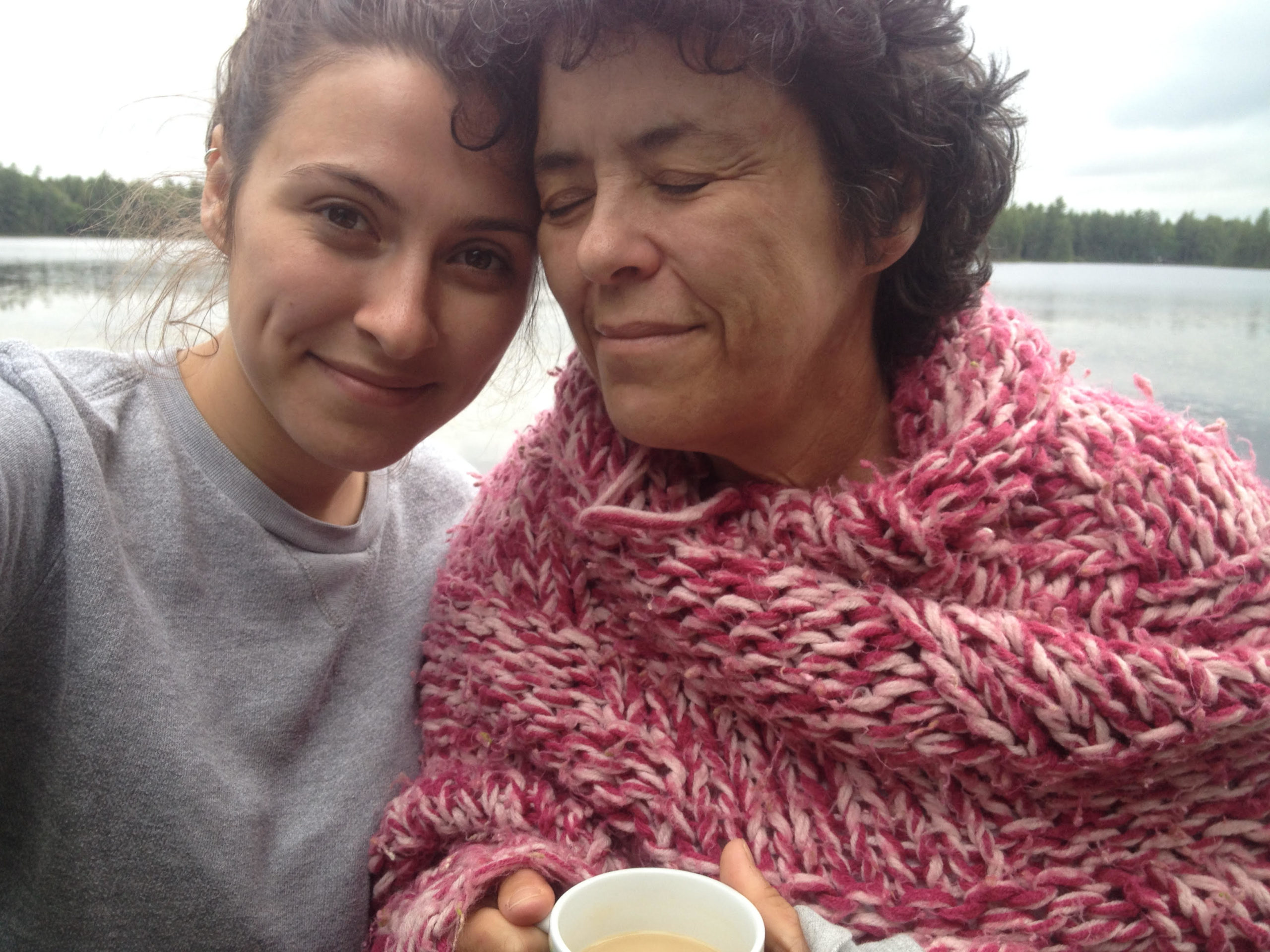Much Too Young: The Untold Story of Young Caregivers and Alzheimer’s

“At 21, Alzheimer’s was the last thing on my mind. My mom was my everything. And then suddenly I had to be hers.”
Kathryn Fudurich was forced to grow up quickly when her mother Patricia was diagnosed with young-onset Alzheimer’s when Kathryn was only 21 years old. While small signs like misplacing things, losing track of time or forgetting names increased over the years, it wasn’t until Patricia could no longer find her way to the high school where she taught English, that it became clear she was not well.
Her mother’s devastating diagnosis meant that Kathryn and her siblings had to mourn the loss of their parent/child roles, while navigating the unanticipated job of caring for a sick parent at a young age. Caregivers like Kathryn are forced to put their own plans aside before they have established a career, found their independence or started families of their own.
Her new role left Kathryn feeling incredibly isolated and without the necessary supports. “It becomes so hard to relate to friends or other people your age whose lives and careers are progressing,” says Kathryn. “Even though you want to share your daily struggles with them, there was just no way for friends to truly understand what I was going through. I didn’t know anyone in this position.”
When she finally reached out to the Alzheimer’s Society and connected with other caregivers her own age, Kathryn started to find her community. Through involvement in The Memory Ball—an event to raise awareness and funds for young caregivers—she met filmmaker Christopher Wynn who had also cared for his father at a young age.
Because of this connection, the 2016 TVO documentary Much Too Young chronicled Kathryn’s journey over a two-year period. Featuring four families with young adult caregivers, this powerful and heart-wrenching film reveals the untold story of how this disease drastically impacts the lives of young carers. For Kathryn, “it’s so important that people keep talking about this disease and can see what a diagnosis really means for a family, especially a young adult. I just hope that by sharing our story, it’s helping to make someone somewhere feel less alone. It’s such a long story. It’s messy, explosive and difficult,” she says.
While an underserved caregiving population, it is estimated that 15 per cent of caregivers in Canada are 15-24 years old. Now in her 30s, Kathryn says that her mom’s disease has progressed since they stopped filming in 2016. “Because she’s nearly non-verbal and more detached from reality, she has become less aggressive, angry and generally happy,” notes Kathryn. While this progression has come as a bit of a relief, “caring for someone with dementia is incredibly time-consuming and emotional. It’s progressive and evolving and not something you just get over,” Kathryn explains.
Although Kathryn herself has found her way as a young caregiver, there is still so far to go in terms of support and resources that need to be made available for this age group. “Something as simple as creating advertisements that don’t just show older people sick with Alzheimer’s. My generation of caregivers are entirely excluded from these types of campaigns,” says Kathryn.
Kathryn also feels that there needs to be more understanding in the workplace for young caregivers to help them succeed professionally. “Your 20s really set the foundation for your career. When your young colleagues can stay extra hours, take on added responsibilities and push their hardest, you just aren’t in the same position and are naturally left behind.” As a musician and freelance videographer, Kathryn has recently been able to find a way to balance her career and care for her mother. However, not everyone is able to make it all work. “Young caregivers need more direction on how to succeed as a caregiver and in their own lives,” adds Kathryn.
“For a long time I tried to separate my caregiving role from who I am as a person. But, over the years I’ve realized that it’s just a part of me. Caregiver and Alzheimer’s advocate are enormous pieces of who and what I am,” says Kathryn. “And I’m really proud of that.”
Much Too Young can be watched online here: http://muchtooyoung.com/
For more information on young-onset dementia, Memory Ball Toronto and how to support families like Kathryn’s, visit:
https://alzheimer.ca/en/about-dementia/other-types-dementia/young-onset-dementia
http://memoryball.org/
